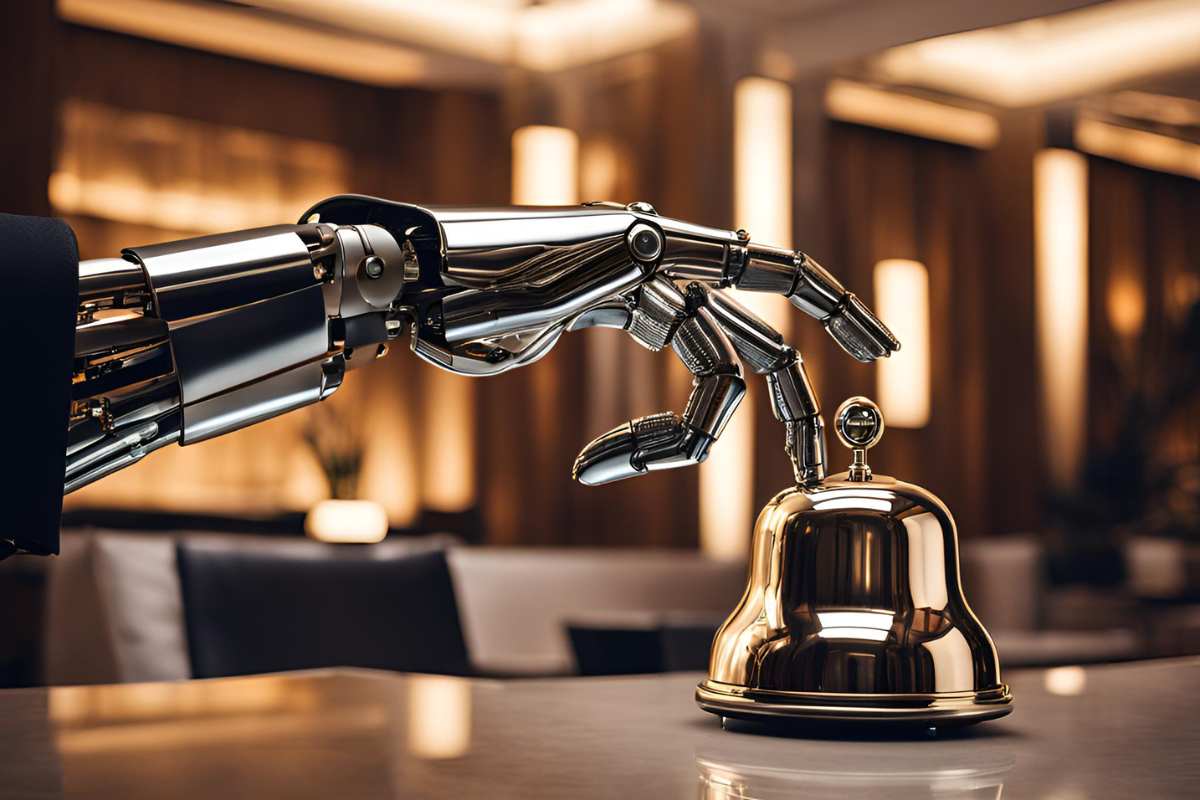

Emerging technologies like AI (Artificial Intelligence) and machine learning are reshaping the future of hotel management. These innovations not only improve the efficiency of operations but also allow for unprecedented personalization of guest experiences. From optimizing staffing levels to providing tailored services, AI and machine learning are becoming essential tools for modern hotel management, offering a competitive edge in the ever-evolving hospitality industry.
Artificial intelligence is revolutionizing how hotels personalize guest experiences. By analyzing guest data, such as preferences, behaviors, and past interactions, AI can predict and suggest customized services. For example, AI can recommend dining options based on previous meal choices or offer personalized room upgrades. It can even send pre-arrival recommendations, like suggesting activities or spa treatments based on guest preferences, ensuring that each interaction feels tailored and personal.

Machine learning algorithms can optimize hotel operations by improving resource allocation and predicting peak demand periods. By analyzing patterns in booking data, these systems can forecast high-traffic seasons or peak check-in times, allowing hotels to adjust staffing levels and optimize resource distribution. This reduces operational delays, enhances service delivery, and ensures that staff can focus on high-priority tasks during peak hours, improving the overall guest experience.

AI-driven chatbots and virtual assistants are becoming a staple in hotel operations, providing instant support to guests around the clock. These tools help with a range of tasks, from answering FAQs and processing bookings to providing recommendations and handling guest requests. Chatbots can be integrated into the hotel’s website, mobile app, or social media platforms, ensuring that guests always have a direct line of communication with the hotel, improving engagement and service response time.

By automating routine tasks and providing actionable insights, AI and machine learning can significantly reduce manual labor and operational costs. Tasks like scheduling, inventory management, and check-in/check-out can be automated, freeing up hotel staff to focus on guest interaction and high-priority tasks.
Additionally, AI can identify inefficiencies in operations and suggest improvements, leading to long-term cost savings and improved profitability.

Hotels that embrace AI and machine learning are not only enhancing operational efficiency but are also able to offer unparalleled personalization. These technologies help hotels stay ahead of the curve by optimizing resources, providing real-time guest assistance, and significantly reducing costs. In an increasingly competitive hospitality industry, hotels that leverage these advancements will lead the way in guest satisfaction and operational excellence.
Social Share: